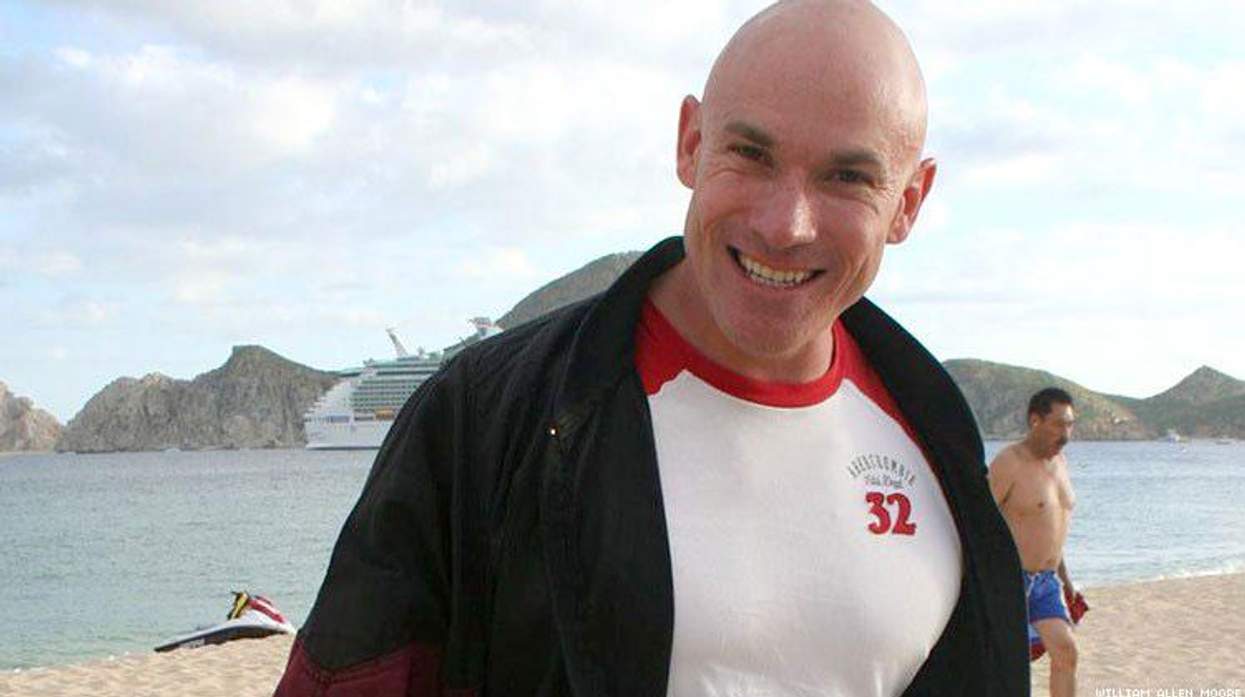The U.S. Supreme Court may be deciding whether existing civil rights law covers antigay discrimination.
Altitude Express, the Long Island-based company that fired a skydiving instructor after he told a client he was gay, is appealing a decision in which the U.S. Court of Appeals for the Second Circuit found that Title VII of the Civil Rights Act of 1964, by banning sex discrimination, bans sexual orientation discrimination as well. The Second Circuit's ruling, issued in February, didn't address the merits of instructor Donald Zarda's case -- that is, whether such discrimination actually occurred. But it did rule that this type of discrimination was banned by federal law.
Altitude Express filed a petition Tuesday for the Supreme Court to hear the case. It argues that expanding the law to cover discrimination based on sexual orientation should be done by legislators, not the judiciary. It also contends that such discrimination does not amount to discrimination based on gender stereotyping, which some courts have ruled is a type of sex discrimination.
Whether the high court will agree to do so remains unknown. Last year it declined, without comment, to hear a case to hear the appeal of a Georgia lesbian who brought a suit for discrimination under Title VII when she was fired from her job; an appeals court had ruled that Title VII didn't cover sexual orientation. Lambda Legal attorney Greg Nevins said at the time that the justices were simply "delaying the inevitable." Another federal appeals circuit, the Seventh, has ruled that Title VII covers sexual orientation, and the Sixth has ruled that it covers gender identity.
But the Supreme Court has yet to rule on the scope of the law. A ruling from it could change discrimination law faster than an action of Congress, where legislation banning anti-LGBT discrimination has languished for years. A Republican-controlled Congress is unlikely to approve such legislation, and Donald Trump is unlikely to sign it.
Zarda died in an accident in 2014, but the coexecutors of his estate, his partner and one of his sisters, have continued to pursue the case. He was fired by Altitude Express in 2010 after a client complained. Zarda's partner and family say he usually told female clients he was gay in order to alleviate any apprehension they might feel about being strapped to a man during a dive. Altitude Express officials contend that the client who complained about Zarda did so because he touched her inappropriately, and that was why he was fired. Zarda's loved ones say he would not do such a thing. At any rate, the appeal does not turn on the merits of the case but on whether Title VII applies.
Read more about Zarda and the case here.




































































Charlie Kirk DID say stoning gay people was the 'perfect law' — and these other heinous quotes